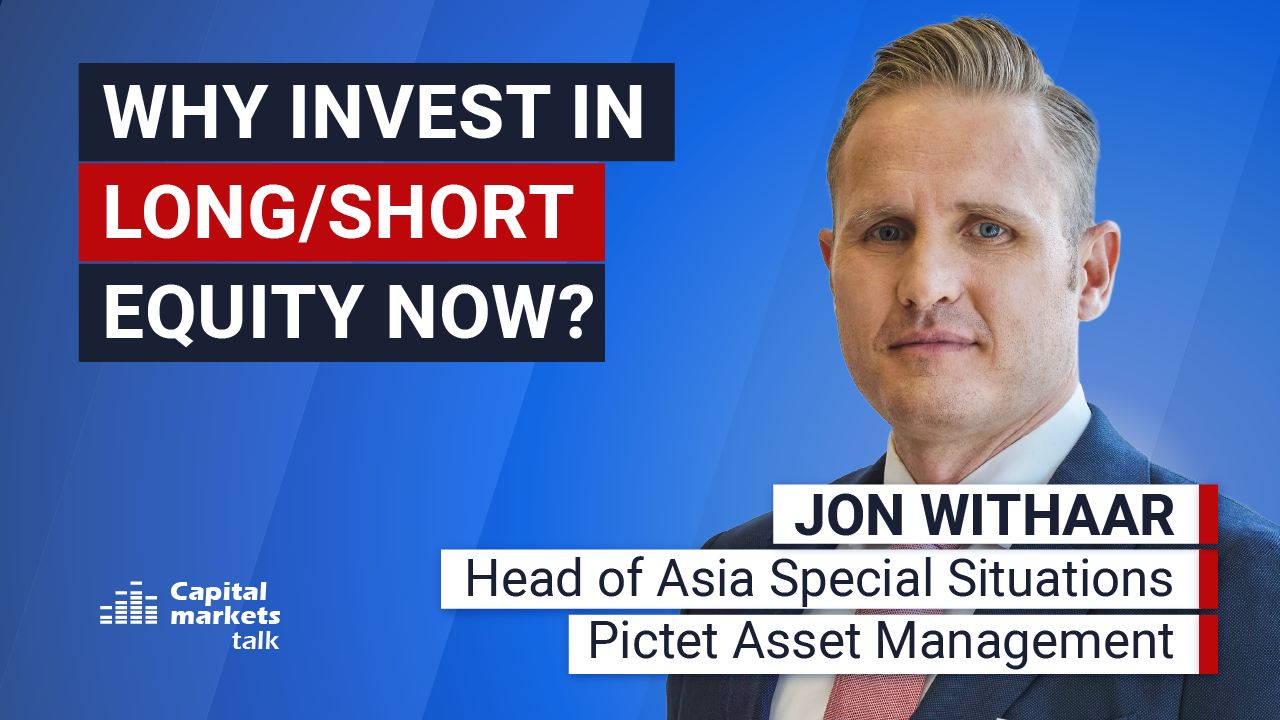Despite corporations from developed markets (DMs) showing enthusiasm for the growth prospects in emerging markets (EMs), investors exercise caution, perceiving these opportunities as more risky and volatile. In response to this dynamic, Thornburg Investment Management poses the question of when emerging markets will converge with developed markets.
“The implication is that when emerging markets mature and resemble developed markets, the risks of investing there will fall,” writes Charles Wilson, Portfolio Manager and Managing Director at Thornburg.
The asset manager delves deeper into the convergence theory by assessing emerging and developed markets using a range of metrics, including the rule of law, human rights, access to healthcare and education, monetary and fiscal policies, technology penetration, and quality of life.
Subsequently, Thornburg talks about the situation in the US between 1980-2020 and refers to this period as a “Goldilocks” scenario. The US experienced remarkable growth during this period, driven by the rise of the middle class and falling interest rates.
Wilson draws parallels between the US experience and EMs today, emphasising the surge in the middle class in the latter. He notes that over 70% of the global middle class is now in EMs, with potential projections reaching 80% by 2030.
Additionally, Thornburg discusses how emerging markets learned from past financial crises, maintaining disciplined monetary policies and relatively high policy rates. This has positioned them to ease earlier than developed markets, providing a favourable backdrop for EM equities.
“Lower policy rates will benefit emerging market corporations as their cost of capital will also fall, thus improving their bottom line…It’s interesting to note that a significant advantage enjoyed by developed markets corporates is gone and may never be restored,” says Elle Wu, Client Portfolio Manager and Thornburg.
All in all, the asset manager underscores the opportunity for active management in emerging markets, asserting that the investment landscape favours them due to the growth of the middle class, easing policy rates, and the knowledge of operating in high-cost-of-capital environments.
“Convergence theory remains a valuable tool for assessing investment opportunities in both emerging and developed markets when the benchmark is updated for an “ideal” investment environment rather than comparing the regions directly,” contends Wu.
Read the full insight here.
Read more

US Election
US election shake-up: What does it mean for markets?
“Risk assets might perform better under a Harris Presidency.”

Asia Equity
Why invest in Asia equity long/short now?
Investing in Asia has undergone significant changes in recent years. It might be the time for a different approach.

KKR
Multi-asset credit – the ‘all-weather’ strategy
Allocation to a multi-asset-credit strategy could optimise and manage risk dynamically.





















